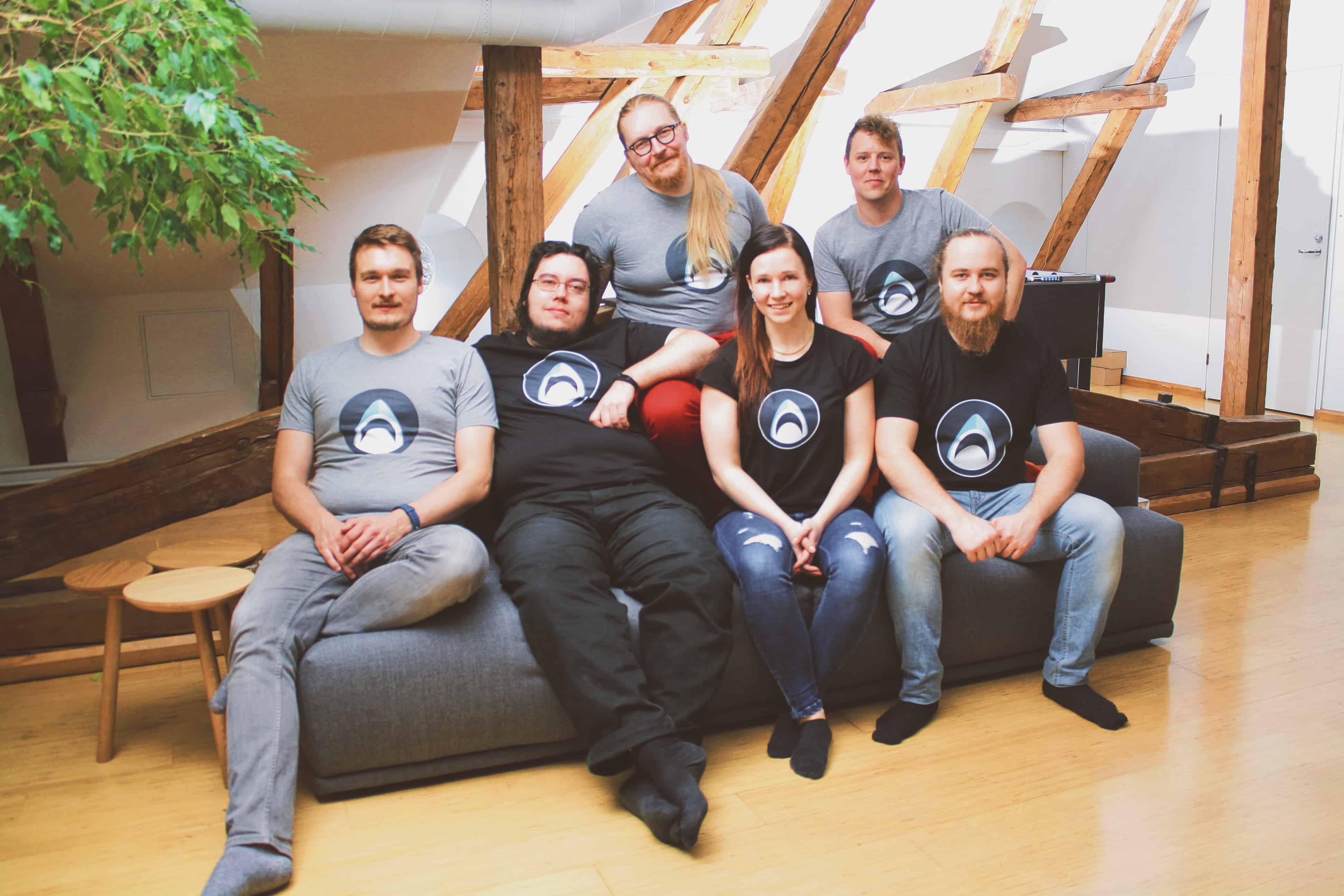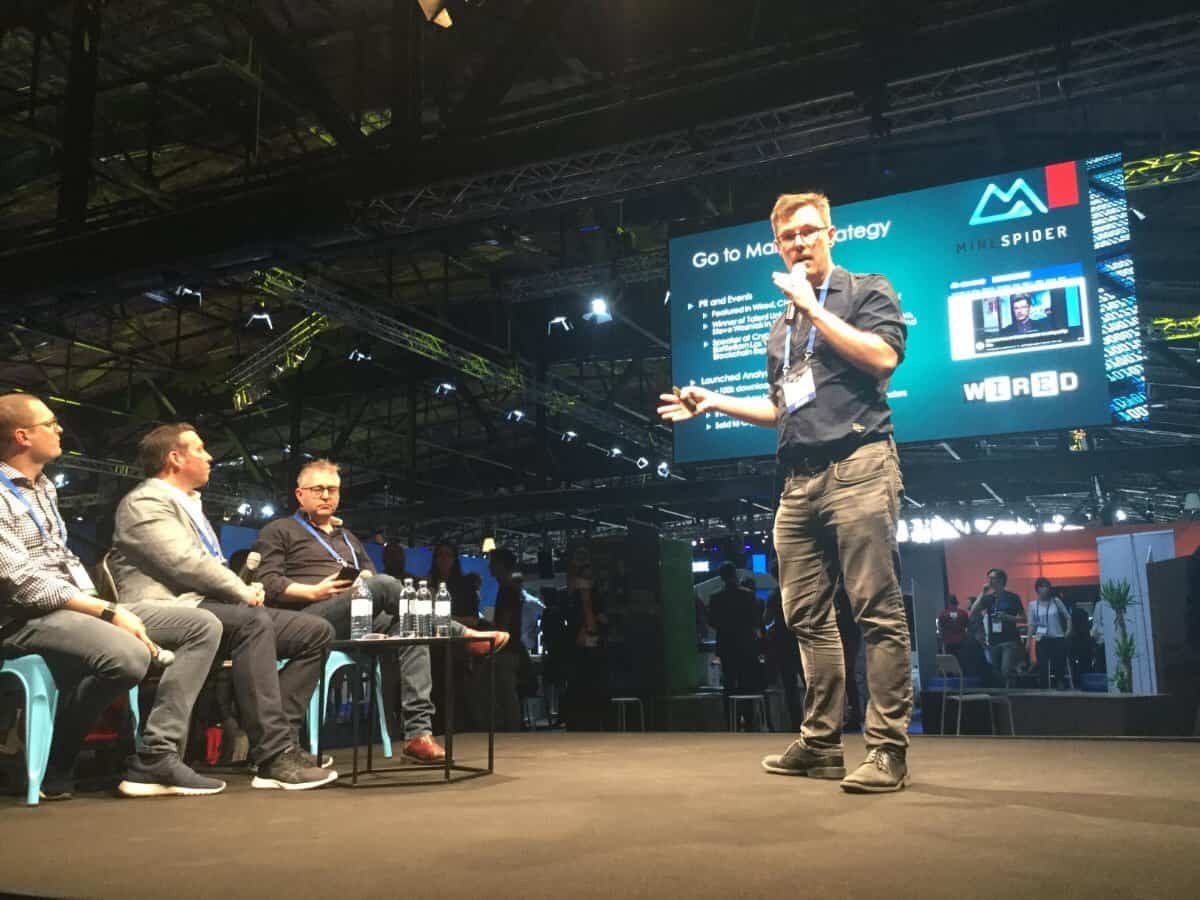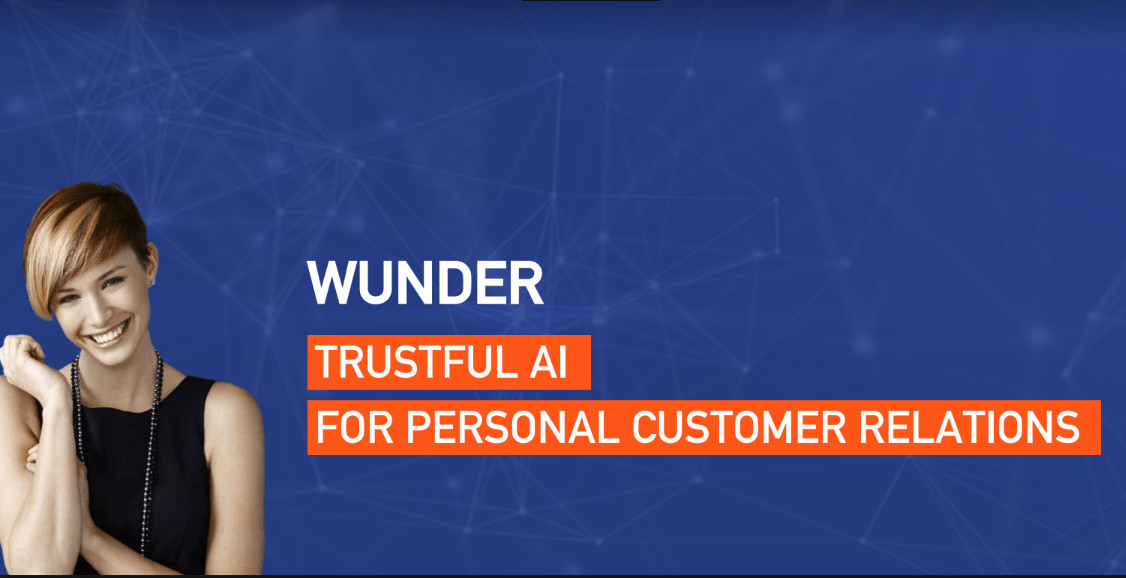Great tech events often feature a stunt or two that attendees will be talking about long after the conference hall has closed its doors; on this front, CUBE Tech Fair 2018 certainly delivered. Attendees got to witness an audience member pilot a drone with his mind (thanks to Emotiv’s President Olivier Oullier), as well as an intimate gig from Ghostface Killah who was there to promote his cryptocurrency venture (no, really).
But beyond the rockstar speakers and spectacles, the mark of a truly great tech event is the calibre of startups present. After all, it’s among the startups that some of the most exciting and unexpected innovations of tomorrow are currently being developed. Indeed, CUBE exposed us to some truly fascinating new ventures, whose purview spans blockchain, health tech, machine learning and beyond. Here’s our pick of the best data startups from CUBE Tech Fair 2018.
Valohai

The product: Valohai is an end-to-end machine learning platform that helps companies automate their machine learning pipeline. The platform allows companies to maintain always-online real time records, and gives you a full transparency on the code, configuration, and resulting files.
What they’re working on now: We finalised our funding round early this year and raised $1.8 million. About a month ago, we also opened an office in San Francisco. That is the next big leap for us- we’re hoping there are more companies that are further along with their machine learning development in the US than there are in Europe.
Proudest accomplishment: When we end up talking to the right people, they immediately get the idea and actually start pitching it back to us. This shows us that we’ve identified an actual problem and built a solution to tackle those problems.
The next great data disruption: Data generation- in order to utilize supervised machine learning, you need to have data. This is a huge roadblock for many companies, but for many problems you can use simulations or video to quickly generate lots of data, for example. Currently this is something you need to tackle yourself, but in time there will be off-the-shelf solutions that will help you with everything related to generating data.
The biggest obstacle in the tech sector right now: From our point of view, the lack of proper tools and unambiguous processes are slowing down the evolution of this industry. In the field of machine learning, there aren’t clear ways of working. And, of course, the obvious lack of talent in this field is currently slowing many companies down.
Minespider

The product: Minespider is a blockchain system for tracking responsibly sourced raw materials. Metals particularly often come from mines that fund armed groups and human rights abuses in developing areas of the world. Companies need a way of ensuring their supply chain is not enabling these groups but this is very difficult if the materials are fungible and often are mixed together with material from multiple sources, making tracking impossible. The system we have designed incorporates a mass-balance strategy so that instead of only tracking mineral shipments, we are able to trace the money paid for responsible minerals back to the responsible source.
What they’re working on now: We have just closed a seed funding round, and our next step will be to organize a pilot project with some large players, build a scalable market-ready product, and conduct a token sale.
Proudest accomplishment: We recently won the Talent Unleashed Awards global prize in the Best Idea: One to Watch category that was judged by a panel including Sir Richard Branson and Steve Wozniak. The prize was a trip to San Francisco and which took place last week where I spent 3 hours with Woz and got detailed feedback on our project.
The next great data disruption: Self-sovereignty is the name of the game when it comes to data disruption. This is why blockchain technology plays such a critical role – it enables data owners to maintain control of their data even as they enter a data marketplace.
The biggest obstacle in the tech sector right now: Regulatory uncertainty. Legislative systems are slow by design. They are supposed to be in order to encourage economic stability. The problem is that technology is advancing so rapidly that legislation cannot keep up. This means that technology innovators enter into regulatory grey-areas and end up at risk of regulatory reaction that could quash their business.
Wunder

The product: At Wunder, we’re building trustful artificial intelligence helping brands to serve their customers better through empathic personalization.
What they’re working on now: Right now in Seed Round with a signed LOI and in Due Dilligence. We’re continuously building up pipeline and closing deals for pilot projects with retail innovators (5 so far). Today we focus on DACH market while in 2019 we’ll probably expand to France and/or UK.
Proudest accomplishment: Being selected as speakers for leading global AI conferences next to representatives from the likes of Google and Facebook. For us, every customer meeting where we surpass customer expectations makes us proud (so far, 100%!).
The next great data disruption: Blockchain for Customer Data Management & Intellectual Property Management (see actual developments at KODAK for photographers, bringing back the revenue streams back from Google / FB to the individual content creators).
The biggest obstacle in the tech sector right now: Bringing AI / Blockchain really into the real business processes and not just doing PoC or internal showcases.
Lung Pass
https://www.youtube.com/watch?v=9HE73Tg7ryQ
The product: Lung Passport is a digital stethoscope and ML-based app for early detection and at home management of most common and deadly respiratory conditions using lung sound analysis. Shazam for lungs, in a way. It has 90% average accuracy of detecting several types of lung sounds confirmed in a clinical research (average doctor’s accuracy was 72%).
What they’re working on now: We’re in the midst of raising a seed round of $800k (with close to a half already committed). Launched 1st pilot with a public clinic in Belarus, 6 more are arranged in Eastern Europe and Asia. Actively working on establishing connections in Europe with primary care providers, telemedicine companies and insurers to launch selected key pilots. Looking for strategic business advisors.
Proudest accomplishment: We improved asthma control in a 71 year old woman after tracking her state for just three weeks. Prevented unnecessary course of antibiotics in a 4 year old girl. We’ve also achieved unprecedented accuracy of detection of several types of lung sounds and built a pilot ready system around it in 8 months and $90k since establishing a company.
The next great data disruption: Analysis of neuromagnetic fields, generated by the brain. It costs a fortune, but provides troves of data for understanding conditions in details never possible before.
Biggest obstacle in the tech sector right now: Talking about medical device field, the number one threshold is that of certification. It takes lots of time to get one and reduces partnership opportunities while you’re getting there. Number two is scaling. European healthcare market is rather fragmented and varies from country to country. What’s more important, for many successful business models to work you’ve got to get a but in from very different stakeholders: patients, nurses, doctors, clinical management, payers. All have their own objectives, regulations are strict and significant effort on change management is required.
Answers have been abridged for clarity. Featured image courtesy of CUBE Tech Fair.





